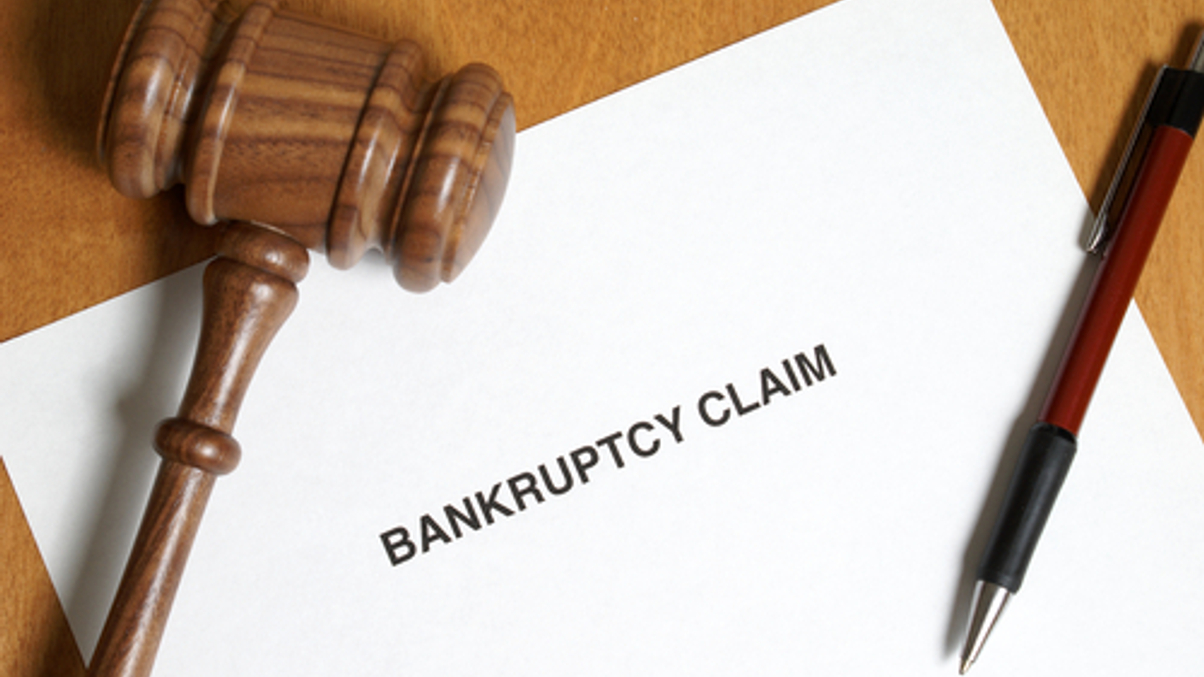Why Korea's Poba has avoided distressed debt assets
Asset owners and managers alike have flocked to the distressed debt universe, but the CIO of Korea’s Public Officials Benefit Association has so far not invested into such assets.

The Covid-19 pandemic has put many companies globally under financial strain, accelerating the growth of the distressed debt asset class. That is drawing interest from some asset owners – but not all of them.
Sign in to read on!
Registered users get 2 free articles in 30 days.
Subscribers have full unlimited access to AsianInvestor
Not signed up? New users get 2 free articles per month, plus a 7-day unlimited free trial.
¬ Haymarket Media Limited. All rights reserved.


